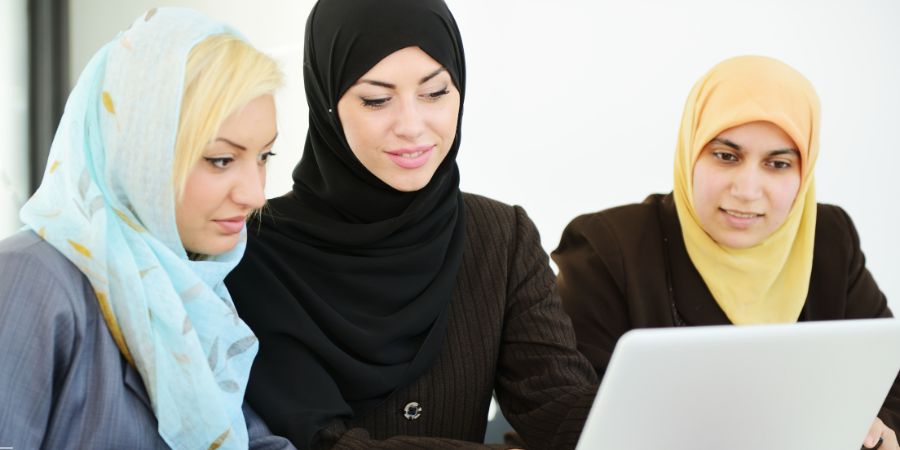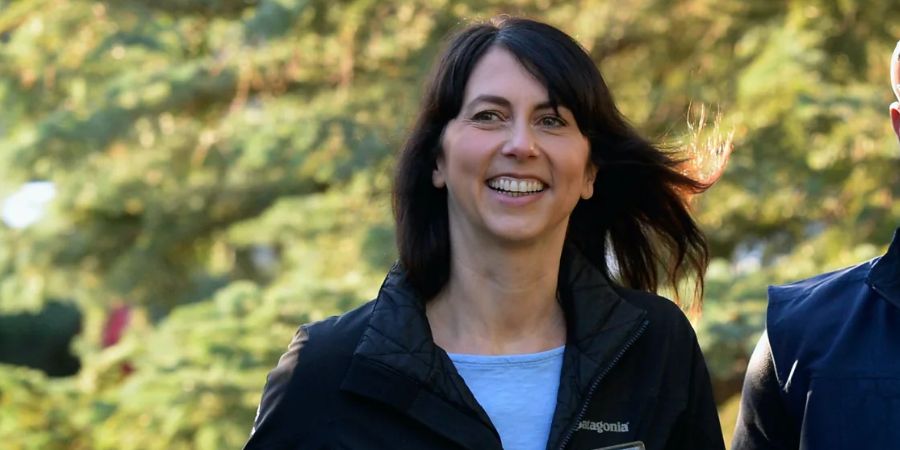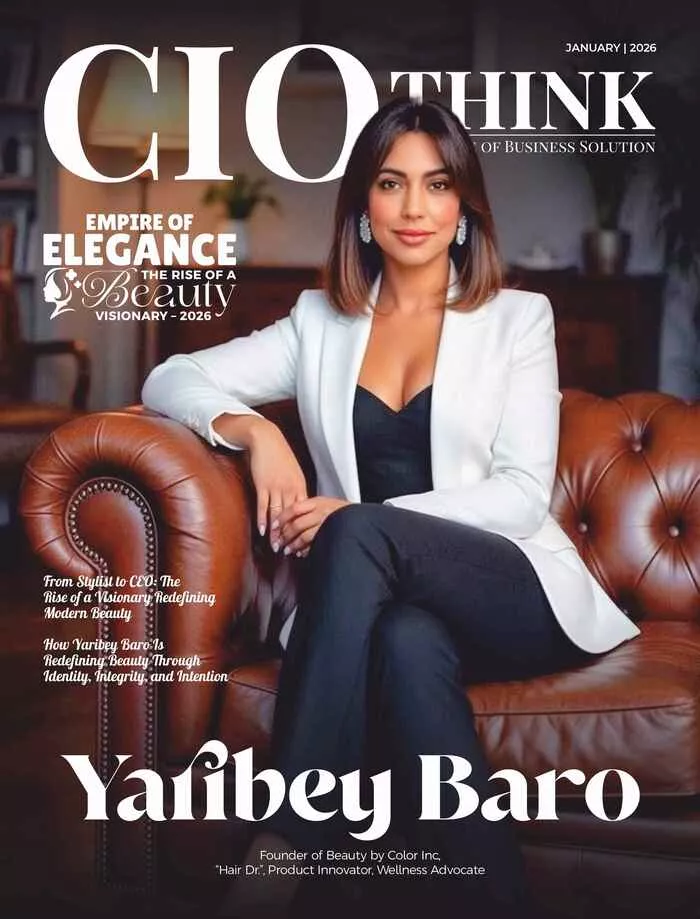It is evident that the Gulf region, distinguished by its rapid development in the economy and cultural change is experiencing a dramatic change in the position of women in society. As norms change and new opportunities arise more women are being promoted to leadership positions and driving social change across a variety of sectors. This article examines the crucial role played by women across the Gulf by analyzing their contribution to the economic, social, and political structures, as well as exploring the current issues they have to overcome.
Historical Context
In the past, the role for women within this Gulf was shaped over time by a complicated interaction of religious, cultural and socio-economic aspects. While traditional roles usually restricted women to domestic roles but the rapid progress in modernization and diversification of economics in the Gulf region over the last few decades have paved the way for more participation in the public sphere. Governments are realizing that empowering women is vital to sustain growth, leading to changes in legislation and policies to promote gender equality.
Economic Empowerment and Workforce Participation
Women across the Gulf are increasing entering the workforce, resulting in the growth of the economy and diversification. Countries such as those of the UAE along with Saudi Arabia have implemented policies to boost women’s participation different sectors, ranging from technology to business.
For instance For instance, for instance, the UAE has made advancements in ensuring that women are represented in leadership positions. Based on the Gender Balance Council, women are in charge of more than 30% of the leadership posts in federal agencies. Initiatives like”Women in Leadership “Women in Leadership” program are designed to improve the skills and abilities for female professional professionals by enabling women to take on leadership positions in both the private and public sectors.
The Saudi Arabian Vision 2030 also emphasizes the significance of women’s participation in the economic system, and aims to increase the number of women in the workforce to 30 percent by 2030. This is a major factor in the development of women-only business incubators as well as programs to fund women entrepreneurs.
Social Advocacy and Community Development
Beyond their economic contribution Women from the Gulf are now a major force for social changes. Women are driving initiatives that focus on health, education, and welfare for the social, which is promoting community development and involvement.
In Kuwait for instance women have played a crucial role in the promotion of education and literacy programs, empowering the next generation. Non-profit organizations run by women concentrate on community outreach and addressing concerns like health awareness and child welfare. Their efforts have been crucial in creating awareness of crucial social issues and leveraging community resources.
Women’s groups throughout the Gulf are collaborating more frequently with non-governmental and government entities to influence policy as well as advocate for the rights of women. These organizations function as platforms for dialogue and advocacy that allow women to express their concerns and participate in the national development agenda.
Political Participation and Leadership
Women from Gulf countries Gulf are making progress in terms of inclusion and representation. overcoming stereotypes and breaking down the barriers in what was historically traditionally a male-dominated space.
The UAE was among the first nations within the Middle East region to give women the right to vote and to run for office in the year 2005. Since then, the percentage of females within the Federal National Council has steadily increasing, with women currently holding half of the seats. This accomplishment is an excellent illustration of how women can influence the policy process and play a role in governing.
Within Saudi Arabia, recent reforms have allowed women to vote in local elections, which is an important milestone in their empowerment as political leaders. Women are now actively participating in local councils, arguing for the needs of their communities and establishing priority issues. These changes reflect a wider appreciation of women as vital players to shape the direction of their nations.
Cultural and Artistic Contributions
Women from across the Gulf have also made important contributions to arts and culture by making use of artistic expression as a vehicle to influence social transformation. Women filmmakers, artists and writers are being recognized for their work, exploring issues of identity, culture, and the modern age.
The rise of festivals for culture and art exhibits provide an opportunity for women to show their work as well as engage in discussions about social issues. For example The Sharjah Biennial as well as the Dubai Art Fair feature numerous female artists who highlight their unique perspectives and contributions to the world of culture.
Additionally, women from the Gulf use social media as a potent instrument for self-expression and advocacy. Platforms such as Instagram and Twitter permit them to post their experiences, challenge social norms and interact with broader publics, both locally and internationally.
Ongoing Challenges
Despite the improvements made however, women in the Gulf remain confronted with challenges that limit their participation in the society. Legal barriers, cultural attitudes and discrimination based on gender are present in some regions which affect women’s access to health care, education and job opportunities.
For instance, even though several Gulf countries have made significant progress in the direction of women’s equality, implementation of policies and laws can be inconsistent. Things like wage gaps and the lack of career advancement opportunities and social expectations about family roles continue to be a challenge to women who are striving to achieve equality.
Furthermore, the COVID-19 virus has had a significant impact on women who are working in the work force and has highlighted the need for specific interventions to combat the economic consequences. Because many women assumed more caregiving duties in lockdowns, the ability to participate in the workforce is a challenge, requiring an increased focus to develop inclusive and sustainable recovery plans.
Conclusion
The contribution of women to creating change in society within the Gulf is becoming increasingly acknowledged as crucial to the region’s growth. Their contributions to the political, social, economic and cultural realms are transforming perceptions and helping to promote advancements towards gender equality.
While Gulf states continue recognize the power of women’s empowerment, the road ahead will require continuous commitment to address current issues. By encouraging inclusive policies, promoting women’s participation and acknowledging their unique contribution and contributions, the Gulf will be able to harness their fullest potential people and help to create an equitable future.
The ultimate goal of equality of gender in the Gulf can serve as an inspiring instance for the entire Middle East and beyond, in proving that women’s empowerment isn’t just an obligation of morality, but rather an essential factor in social progress.






